IRVINE, Calif., U.S.: BIOLASE, a global leader in dental lasers, has reported the results of a clinical trial conducted at the McGuire Institute. Designed to meet the stringent American Academy of Periodontology best-evidence consensus standards, this first-of-its-kind study compared the BIOLASE REPAIR Perio protocol with conventional minimally invasive surgical treatment for moderate to severe generalized periodontitis.
The study was conducted at the McGuire Institute, which is a not-for-profit organization in Houston with a unique vision for advancing the practice of dentistry through clinically relevant research. It was found that the REPAIR Perio protocol had shorter procedure times than open-flap surgery did, as well as less bruising, swelling and postoperative bleeding. The results demonstrated that REPAIR is as effective as open-flap procedures in clinical parameters such as pocket depth and attachment level and has significantly better patient-reported outcomes.
“With 65 million Americans suffering from periodontitis, the findings from this study are significant in determining the best course of treatment for these patients,” said Todd Norbe, president and CEO of BIOLASE. “The study unequivocally confirms that patient-reported outcomes were significantly better after laser procedures. Using laser technology, periodontitis can now be treated—with less pain and greater patient acceptance—by both periodontists and general dentists alike. Studies continue to suggest that periodontal health is essential for overall health, as related to susceptibility to infection, including COVID-19 infections.”
A total of 53 patients were enrolled in the study, and treatment was provided by six experienced periodontists at five different sites. BIOLASE believes that this landmark study is the first multicenter, blinded, controlled study on the use of lasers in managing moderate to severe periodontitis and the only one designed to meet the stringent American Academy of Periodontology best-evidence consensus standards.
The REPAIR Perio protocol utilizes Waterlase laser technology to provide safe, minimally invasive, effective laser treatment for periodontal disease. More information about the Waterlase technology used in the study is available here.
The study, titled “A comparison of Er,Cr:YSGG laser to minimally invasive surgical technique in the treatment of intrabony defects: Six‐month results of a multicenter, randomized, controlled study,” was published on
July 2, 2020, in the Journal of Periodontology.
Tags:
BELFAST, UK: According to a new study by researchers at Queen’s University Belfast, aspirin could reverse the effects of dental caries. According to the ...
TORONTO, Canada: The debate about fluoride in toothpaste may have taken another turn. Recently, researchers from the University of Toronto have shown in a ...
SHANGHAI, China: Although root canal therapy and vital pulp therapy can be effective in controlling infection and preserving tooth structure, they do not ...
Laser is becoming essential for every modern dental practice. Moreover, from an educational standpoint, there are many benefits in terms of the personal and...
BASEL, Switzerland: The Straumann Group has posted strong financial results for the first half of 2019, with organic revenue up around 16%. Founding new ...
In recent years, periimplantitis has been extensively studied as bone loss has been observed around dental implants. As a result of multiple factors, ...
BOSTON, US: In the US, dental care remains largely excluded from medical insurance and separated from public health initiatives that promote prevention. A ...
WARDHA, India: The use of botulinum toxin (BT), commonly referred to as Botox, is gaining traction in the dental field, offering both therapeutic and ...
ANDHRA PRADESH, India: The success of a pulpectomy depends on the elimination of bacteria from the root canal. Researchers have now experimented with a new ...
ŌTSU, Japan: In the largest study of its kind, researchers in Japan have analysed glycaemic control and natural tooth retention to investigate the ...
Live webinar
Tue. 24 February 2026
1:00 pm EST (New York)
Prof. Dr. Markus B. Hürzeler
Live webinar
Tue. 24 February 2026
3:00 pm EST (New York)
Prof. Dr. Marcel A. Wainwright DDS, PhD
Live webinar
Wed. 25 February 2026
11:00 am EST (New York)
Prof. Dr. Daniel Edelhoff
Live webinar
Wed. 25 February 2026
1:00 pm EST (New York)
Live webinar
Wed. 25 February 2026
8:00 pm EST (New York)
Live webinar
Tue. 3 March 2026
11:00 am EST (New York)
Dr. Omar Lugo Cirujano Maxilofacial
Live webinar
Tue. 3 March 2026
8:00 pm EST (New York)
Dr. Vasiliki Maseli DDS, MS, EdM



 Austria / Österreich
Austria / Österreich
 Bosnia and Herzegovina / Босна и Херцеговина
Bosnia and Herzegovina / Босна и Херцеговина
 Bulgaria / България
Bulgaria / България
 Croatia / Hrvatska
Croatia / Hrvatska
 Czech Republic & Slovakia / Česká republika & Slovensko
Czech Republic & Slovakia / Česká republika & Slovensko
 France / France
France / France
 Germany / Deutschland
Germany / Deutschland
 Greece / ΕΛΛΑΔΑ
Greece / ΕΛΛΑΔΑ
 Hungary / Hungary
Hungary / Hungary
 Italy / Italia
Italy / Italia
 Netherlands / Nederland
Netherlands / Nederland
 Nordic / Nordic
Nordic / Nordic
 Poland / Polska
Poland / Polska
 Portugal / Portugal
Portugal / Portugal
 Romania & Moldova / România & Moldova
Romania & Moldova / România & Moldova
 Slovenia / Slovenija
Slovenia / Slovenija
 Serbia & Montenegro / Србија и Црна Гора
Serbia & Montenegro / Србија и Црна Гора
 Spain / España
Spain / España
 Switzerland / Schweiz
Switzerland / Schweiz
 Turkey / Türkiye
Turkey / Türkiye
 UK & Ireland / UK & Ireland
UK & Ireland / UK & Ireland
 Brazil / Brasil
Brazil / Brasil
 Canada / Canada
Canada / Canada
 Latin America / Latinoamérica
Latin America / Latinoamérica
 USA / USA
USA / USA
 China / 中国
China / 中国
 India / भारत गणराज्य
India / भारत गणराज्य
 Pakistan / Pākistān
Pakistan / Pākistān
 Vietnam / Việt Nam
Vietnam / Việt Nam
 ASEAN / ASEAN
ASEAN / ASEAN
 Israel / מְדִינַת יִשְׂרָאֵל
Israel / מְדִינַת יִשְׂרָאֵל
 Algeria, Morocco & Tunisia / الجزائر والمغرب وتونس
Algeria, Morocco & Tunisia / الجزائر والمغرب وتونس
 Middle East / Middle East
Middle East / Middle East



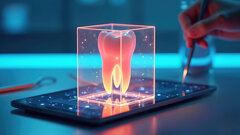

















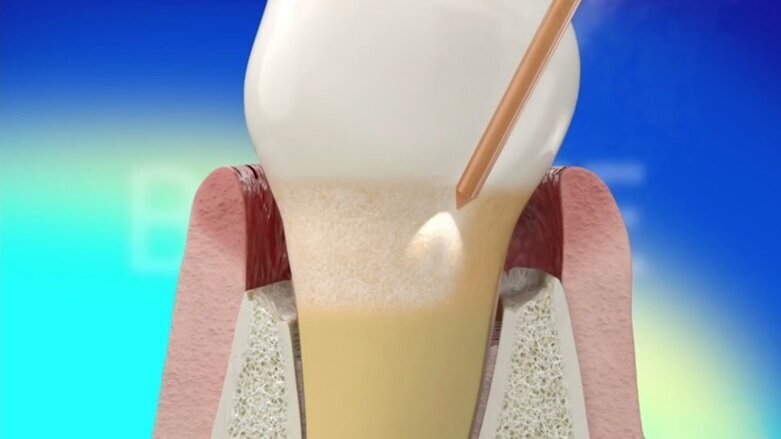



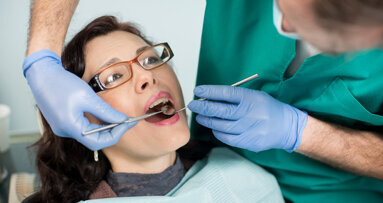


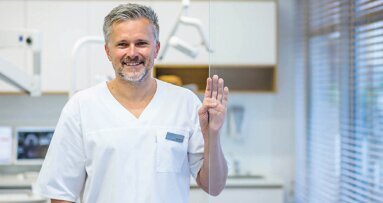

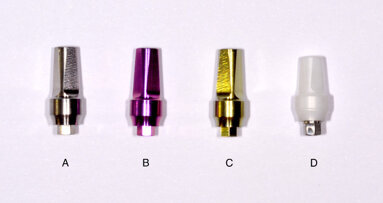
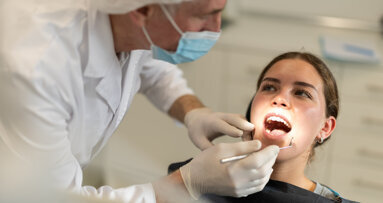
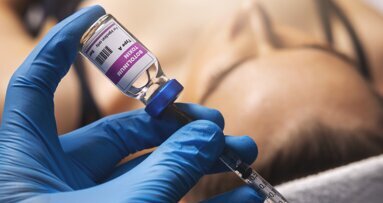

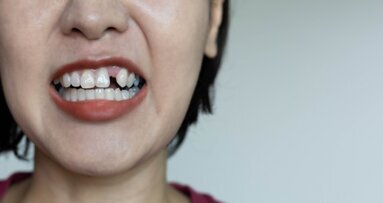









To post a reply please login or register